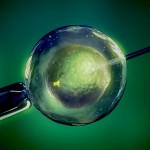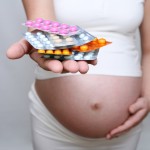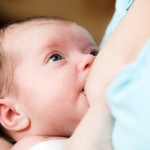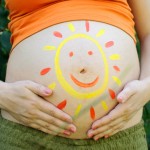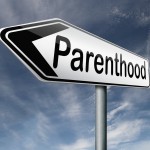
Depression in late adolescence is a major public health concern, not least because it is strongly predictive of persistent, adult depression, which can have a severe effect on socioemotional functioning, education and employment. Increasingly, depression research is turning its attention to the matter of prevention of depression rather than exclusively focusing on treatment options and [read the full story…]

